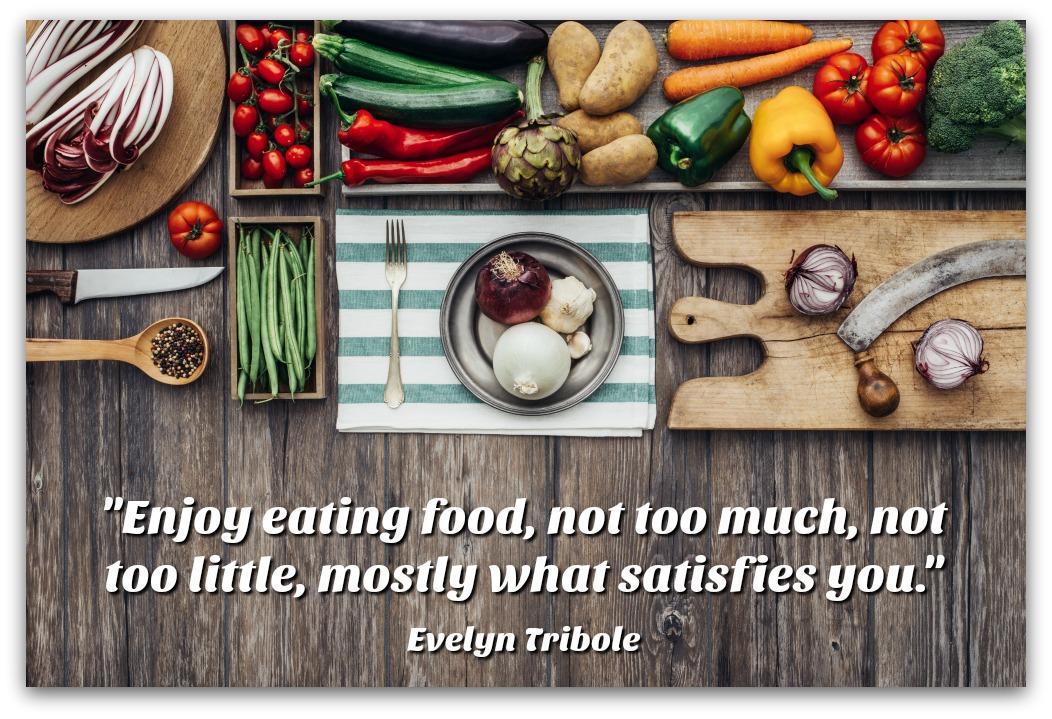Why have people become so confused when it comes to knowing what to eat?

In our quest for better nutrition, we have become obsessed with nutrients and lost site of actual food. Somewhere along this quest, many people seem to have forgotten how to eat.
“I mean, what other animal needs professional help in deciding what it should eat?” (Quote from Michael Pollan’s book – In Defence of Food)
This may seem like a slightly dangerous thing for a dietitian – who makes a living from helping people change their eating habits – to quote, but I could not agree with its message more.
Traditional populations that haven’t been exposed to science based nutrition knowledge (or a Western diet) have little trouble knowing what is the best thing for them to eat and are generally much healthier than their Western counterparts.
In understanding more about the nutrients in food and the effect they have on our body, we now understand less about how to eat to actually nourish our bodies.
So why are we Westerners so confused when it comes to knowing what to eat?
Here are a few reasons I can think of; less preparation of our own food, not seeing where food comes from, too much choice, too many manufactured foods, health claims on packets, the food industry, the media and too much focus on specific nutrients rather than food itself or whether or not we are even hungry. Often, we are more concerned with how much sugar or fat is in what we’re eating, then whether or not we are truly physically hungry and hungry for the food in question.
My local health food shop sells a huge range of packaged products that make all sorts of health claims, but they sell little actual whole food. The packaging shouts sugar free, organic, high anti-oxidant, high protein, 100% natural, but do we really need to be eating sugar free organic protein bars?
As a dietitian, I have always been slightly troubled by prescriptive nutrition. Surely if people just ate a variety of fresh whole food they would obtain all their nutrients without having to worry too much about getting enough vitamins or minerals, or how much saturated fat or omega 3 fats they consumed. This, of course, would be much more likely to be true if fresh whole food was all that was available and everyone had access to it and could afford it.
Take indigenous Australians, before the arrival of white man they managed just fine without knowing what nutrients were in the food they were eating. They just ate food and I imagine they mostly only ate to satisfy physical hunger. As indigenous Australians started eating a Western style diet and food became more readily available, their health suffered. Of course there are many other factors that contribute to ill health such as social determinants, smoking, alcohol and poor access to fresh food.
My message – we could all benefit from taking a step back from thinking about how much carbohydrate, fat, protein we are eating or which vitamins and minerals we might benefit from getting more of; and instead, start thinking more about eating whole food, about where food comes from, about how we prepare and eat our food and whether or not we are actually hungry.
By whole food I mean fruit, vegetables, whole-grains, legumes, nuts, dairy (cheese, milk, yoghurt), eggs, fish, chicken, red meat etc. With the exception of fruit and vegetables, all these foods require some processing for human consumption, even meat; unless you are slaughtering your own beast and carving it up.
Therefore, to try and avoid all processed food is silly, if not impossible. Instead, consider your intake of highly processed food that may have unnecessary added sugar, fat, salt, food additives, preservatives or anything unpronounceable. I am not saying you should never eat these foods, just don’t make them the mainstay of your diet.
If occasionally you want some cheesecake, have actual cheesecake, not some low fat, sugar-free, cheesecake-flavoured yoghurt. Do eat your cheesecake mindfully and enjoy every mouthful.
With so many extreme views on what to eat and what not to eat, I strongly believe the moderation message has never been more relevant than it is today.
Here is a little recipe for health; moderation + mindfulness + whole food + physical activity + place in society = health.
